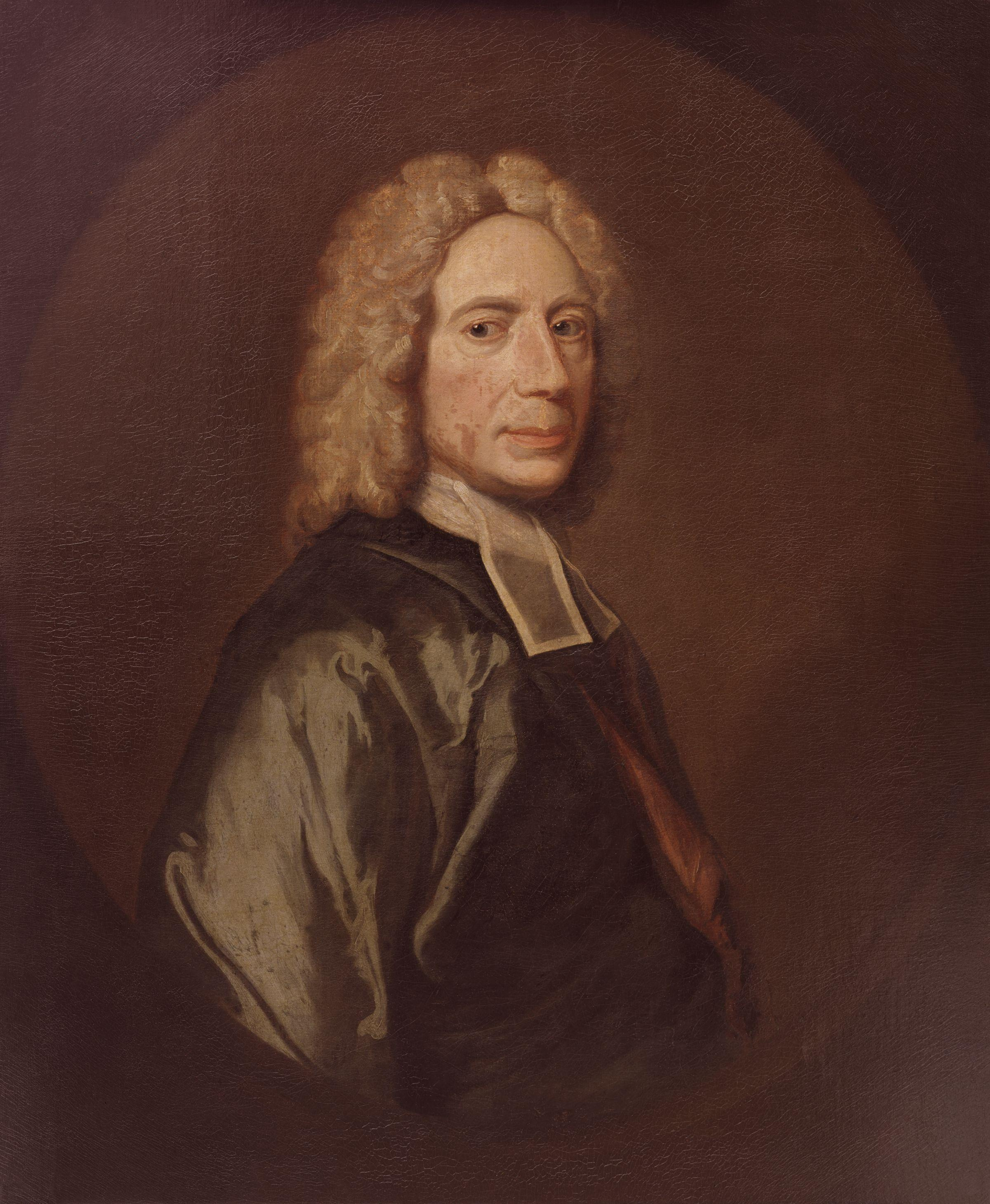Isaac Watts Frases y Citas
Isaac Watts: Frases en inglés
“The wise will make their anger cool
At least before 'tis night”
Song 17: "Love between Brothers and Sisters".
1710s, Divine Songs Attempted in the Easy Language of Children (1715)
Song 20: "Against Idleness and Mischief". Parodied by Lewis Carroll in Alice's Adventures in Wonderland.
1710s, Divine Songs Attempted in the Easy Language of Children (1715)
Stanza 1.
1710s, Psalm 98 "Joy to the World!" (1719)
Contexto: Joy to the world! the Lord is come;
Let earth receive her King.
Let ev'ry heart prepare Him room,
And heav'n and nature sing,
And heaven and nature sing,
And heaven, and heaven, and nature sing.
Stanza 4.
1710s, Psalm 98 "Joy to the World!" (1719)
Contexto: He rules the world with truth and grace,
And makes the nations prove
The glories of His righteousness,
And wonders of His love,
And wonders of His love,
And wonders, wonders, of His love.
Song 6: "Praise for the Gospel".
1710s, Divine Songs Attempted in the Easy Language of Children (1715)
Song 16: "Against Quarrelling and Fighting".
1710s, Divine Songs Attempted in the Easy Language of Children (1715)
Stanza 2.
1710s, Psalm 98 "Joy to the World!" (1719)
Song 22: "Against Pride in Clothes".
1710s, Divine Songs Attempted in the Easy Language of Children (1715)
“I have been there, and still would go;
'T is like a little heaven below.”
Song 28: "For the Lord's Day Evening".
1710s, Divine Songs Attempted in the Easy Language of Children (1715)
Hymn 146, Hymns and Spiritual Songs, Book II.
Attributed from postum publications, Hymns and Spiritual Songs (1773)
Song 20: "Against Idleness and Mischief".
1710s, Divine Songs Attempted in the Easy Language of Children (1715)
(1741), Ch. I, General Rules for the Improvement of Knowlege, Rule X "Avoid a dogmatical spirit".
1720s, The Improvement of the Mind (1727)
(1727), Ch. I, General Rules for the Improvement of Knowlege, Rule VII -
1720s, The Improvement of the Mind (1727)
“And he that does one fault at first
And lies to hide it, makes it two.”
Song 15. Compare: "Dare to be true: nothing can need a lie; A fault which needs it most, grows two thereby", George Herbert, The Church Porch.
1710s, Divine Songs Attempted in the Easy Language of Children (1715)
“There's not a place where we can flee,
But God is present there.”
Song 2: "Praise for Creation and Providence".
1710s, Divine Songs Attempted in the Easy Language of Children (1715)
Song 22: "Against Pride in Clothes".
1710s, Divine Songs Attempted in the Easy Language of Children (1715)
Fuente: Attributed from postum publications, Dictionary of Burning Words of Brilliant Writers (1895), P. 82.
Fuente: 1720s, The Improvement of the Mind (1727), Ch. I, General Rules for the Improvement of Knowlege, Rule IX
Psalm 117.
1710s, "Our God, our help in ages past" (1719)
Fuente: Attributed from postum publications, Dictionary of Burning Words of Brilliant Writers (1895), P. 72.
“A flower may fade before 'tis noon,
And I this day may lose my breath.”
Song 13: "The Danger of Delay".
1710s, Divine Songs Attempted in the Easy Language of Children (1715)
Song 16: "Against Quarrelling and Fighting".
1710s, Divine Songs Attempted in the Easy Language of Children (1715)
“Strange that a harp of thousand strings
Should keep in tune so long!”
Hymn 19, Hymns and Spiritual Songs, Book II.
Attributed from postum publications, Hymns and Spiritual Songs (1773)
"False Greatness" in Horae Lyricae Book II (1706).
Compare: "I do not distinguish by the eye, but by the mind, which is the proper judge of the man", Seneca, On a Happy Life (L'Estrange's Abstract), chap. i
&: "It is the mind that makes the man, and our vigour is in our immortal soul", Attributed uncertainly to Ovid
1700s
Hymn 65 Hymns and Spiritual Songs, Book II.
Attributed from postum publications, Hymns and Spiritual Songs (1773)
“Let me be dressed fine as I will,
Flies, worms, and flowers, exceed me still.”
Song 22: "Against Pride in Clothes".
1710s, Divine Songs Attempted in the Easy Language of Children (1715)
“I believe the promises of God enough to venture an eternity on them.”
Fuente: Attributed from postum publications, Dictionary of Burning Words of Brilliant Writers (1895), P. 261.
Song 35: "A Cradle Hymn".
1710s, Divine Songs Attempted in the Easy Language of Children (1715)
“The tall, the wise, the reverend head
Must lie as low as ours.”
Hymn 63, Hymns and Spiritual Songs, Book II.
Attributed from postum publications, Hymns and Spiritual Songs (1773)
Song 4.
1710s, Divine Songs Attempted in the Easy Language of Children (1715)
